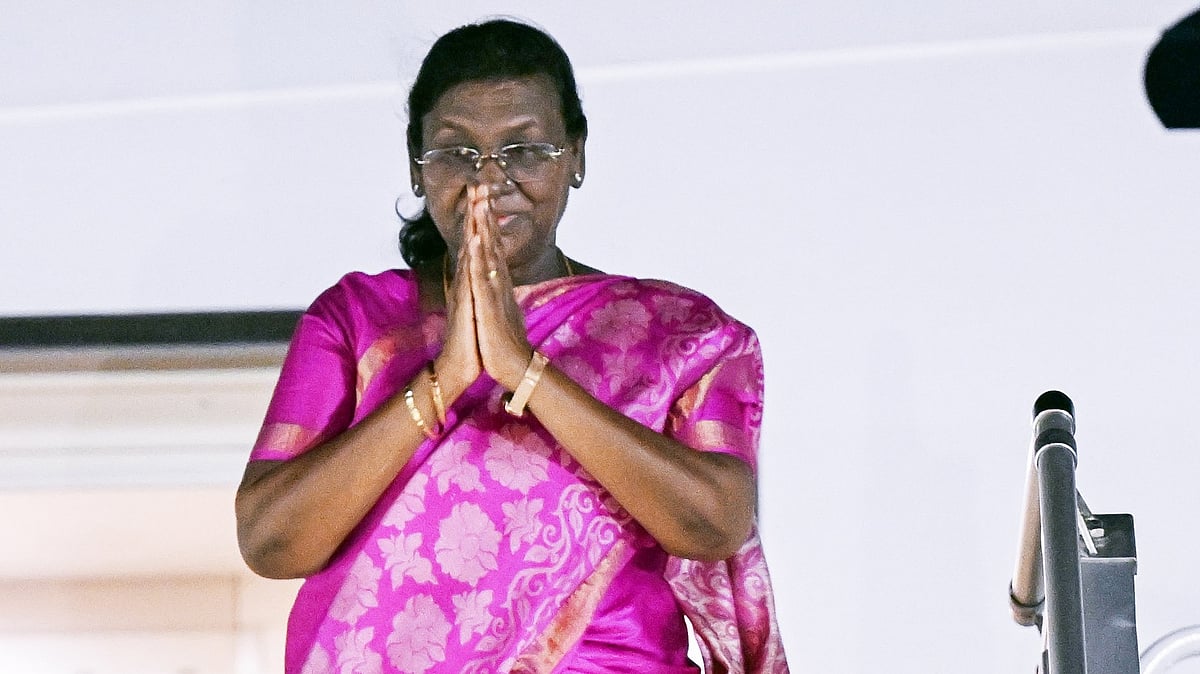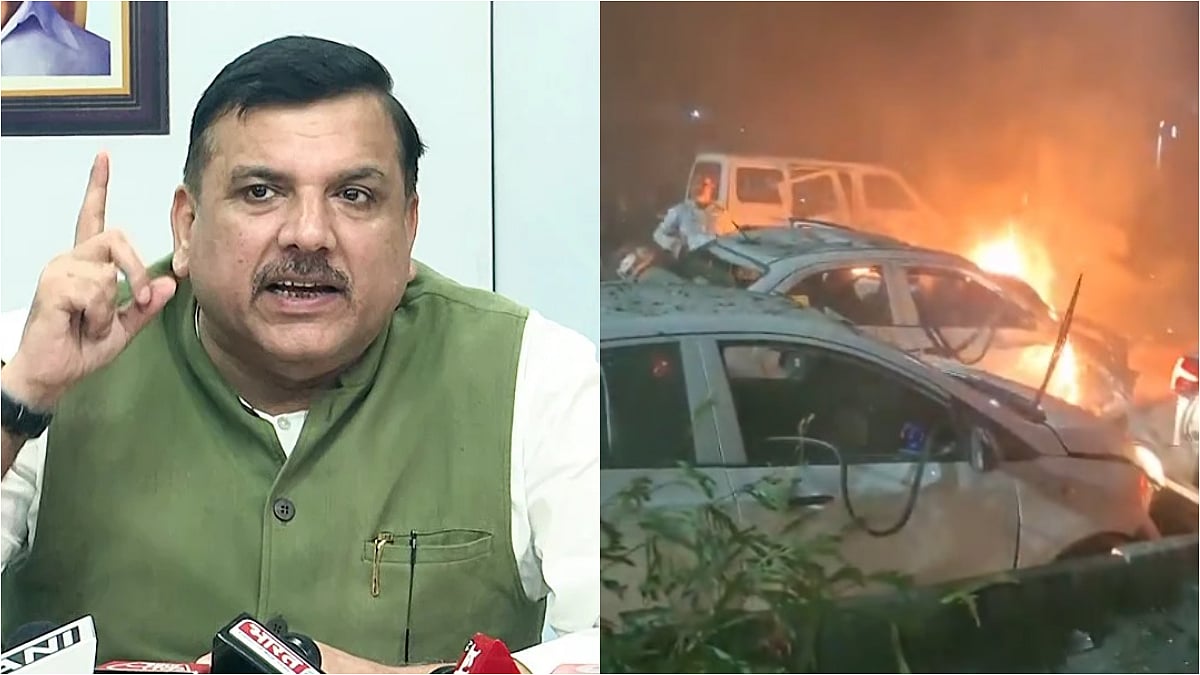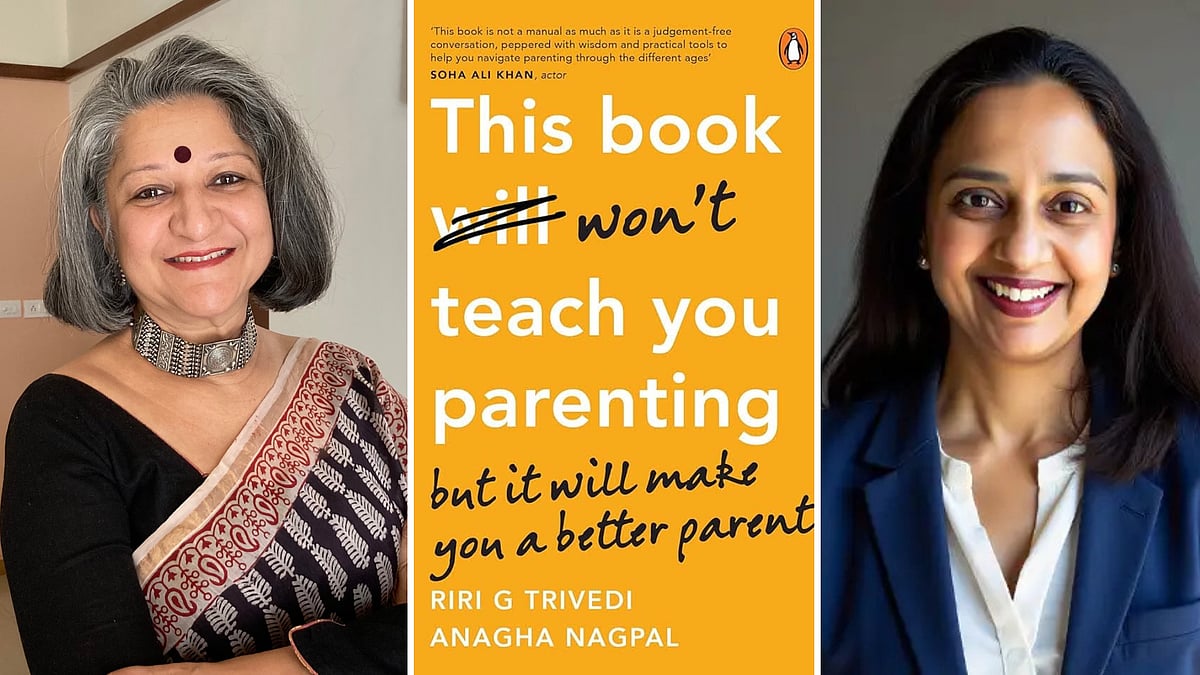Some films we watch for the tale. Others we watch for the telling. Sports films generally fall in the latter category. These movies work like comfort food. Their beat is familiar and the lack of surprises is one of their pleasures. We know the end before we begin—the underdog will vanquish insurmountable odds and win—but that doesn’t make the victory any less sweet. Sports films celebrate the triumph of the will, and in Bollywood, few films have done this with the aplomb of Chak De! India.
Director Shimit Amin and writer Jaideep Sahni construct a straightforward narrative: even before the opening credits are over, Kabir Khan, captain of the men’s hockey team and Asia’s best centre forward, has gone from being an admired sportsman to a disgraced has-been whose effigies are being burnt in the streets. It is believed that he threw a game against Pakistan, allowing them to win the World Cup, because his allegiances lie there. In the first few minutes, the stakes are established—we know that Kabir is innocent and that he is on trial because he is Muslim. A Rahul or a Raj would have suffered the ignominy of defeat but would never have been accused of being a traitor. We understand that Kabir will have to work a miracle to clear his name and prove his loyalty to his country.

Chak De! India was the first time Shah Rukh played a Muslim on screen, barring a brief cameo in Kamal Haasan’s Hey Ram. Kabir’s religion is the pivot of the story but Shimit doesn’t hammer the point home. We never see Kabir doing the namaz. He never says he is Muslim. Throughout the film, he wears western clothes. Shimit layers his identity into the narrative—in the aadab that Kabir greets people with; in the Urdu prayer you see on the exteriors of his home as he leaves it with his mother, neighbours standing and staring, unwilling to help; in the way Kabir says ‘Khuda’ during the climactic speech; or in the Sufi song ‘Maula Mere Le Le Meri Jaan’, composed by Salim Merchant and Sulaiman Merchant, which plays in the background at key moments. Kabir is fully cognisant of what has caused his downfall but he never spells it out. So when his former teammate says, ‘Ek galti toh sabko maaf hoti hai,’ Kabir only asks ruefully, ‘Sabko?’
Once Kabir’s tragic situation is set up, the odds against him are rolled out. We meet the ragtag women’s hockey team that Kabir has sworn to lead to the World Cup. One character calls them the ‘rakshason ki sena’. Another dismisses the team as ‘a formality’, saying they aren’t even good enough to play against high-school teams from Europe.

Kabir’s friend tells him frankly: ‘Yeh team nahi, kabr hai.’ There’s an assortment of states, languages, personality types. Among them, Balbir (played by Tanya Abrol), the hot-headed, bulldog Punjaban who never backs away from a fight; Komal (Chitrashi Rawat), the no-nonsense Haryanvi who is still learning how to be a team player; Bindia (Shilpa Shukla), the defiant senior player who memorably inspires Kabir to deliver that killer line: ‘Har team mein sirf ek hi gunda ho sakta hai aur iss team ka gunda main hoon’; Preety (Sagarika Ghatge), who is dating an entitled cricket player, but dumps him with such aplomb during the end credits that you want to cheer; and the women from Jharkhand—Rani Dispotta (Seema Azmi) and Soimoi Kerketa (Nisha Nair)—with their determination and their distinctive tales.
Through the course of the film, these women learn to be world-class players. But when Kabir first meets them, their talent is undermined by their rawness, their prickly personalities and their unwillingness to be part of a larger vision. Each one is aligned to her state. In one of the film’s best scenes, Kabir impresses upon them that they are no longer playing for Haryana or Punjab or Karnataka. They are playing for India. So when each woman steps forward to introduce herself, it must no longer be with the name of her state, but with the name of her country. They begin to understand what he means when he says: ‘Mujhe states ke naam na sunaai dete hain, na dikhai dete hain. Sirf ek mulk ka naam sunaai deta hai: India.’

Chak De! India wears its patriotism on its sleeve. When the film’s name first appears in the opening credits, green and orange strategically streak through the white lettering. Once Kabir accepts the seemingly doomed assignment of coaching this team, he drives off on his scooter against a silhouette of India Gate. His personal quest is suffused with a larger nationalism. This isn’t merely about hockey or winning. This is about upholding an idea of India. Later in the film, just before the women’s World Cup final against Australia, Kabir is alone in the stadium, watching the Indian tricolour being raised for the game. The captain of the team, Vidya Sharma (Vidya Malvade), asks him what he’s doing. He replies, ‘Pehli baar kisi gore ko India ka tiranga lehrate hue dekh raha hoon.’
Visually, Chak De! India has little varnish, which was a departure for its production house, Yash Raj Films. Until then, the studio was known largely for glossy romances featuring A-list stars. This time, aside from Shah Rukh Khan, the film had no known faces, no glamour. Shimit gives us a few aerial shots of the landscape when we first get to Australia, but he doesn’t exploit the foreign location in the way YRF films usually do. The textures are naturalistic but the director combines this with the dramatic beats of a Bollywood film. The dialogue and screenplay (also by Jaideep) are designed to land punches and rouse the audience.

Post-interval, the women’s team is pitted against the men’s—they have to prove their competence in order to earn the trip to Australia for the World Cup. The women lose, but their spirit and talent are acknowledged as the men raise their hockey sticks in respect. It’s a moment that makes you tear up,and we aren’t even near the crescendo. The film determinedly celebrates women. Most of the male characters are condescending and casually dismissive of both the team’s game and their dream of winning the World Cup. Preety’s fiancé isn’t the only one who thinks it’s a joke. Early on in the film, a Hockey Federation member sniggers and says, ‘Yeh chakla belan chalane wali kya hockey stick chalayengi.’
The women’s game has no sponsors or spectators. Kabir is their lone champion. Off-screen, so are Shimit and Jaideep. Midway through the film, they construct a fabulous, free-forall brawl in which the women get together and beat up men who were making lewd remarks at some of their teammates. Every woman alive has had the latter experience; few have had the former. So to watch these women unite in rage at these offenders is as satisfying as any of their victories on the field. You could argue that the film’s feminist stance is specious because ultimately Kabir is the male saviour, constantly pushing and inspiring the women to fight the odds, their circumstances and their worst instincts (at one point, Bindia offers to sleep with him if he will make her captain). Perhaps. But Shah Rukh plays the role so persuasively that I’m willing to make peace with that.
(Excerpted with permission from Penguin Random House)










